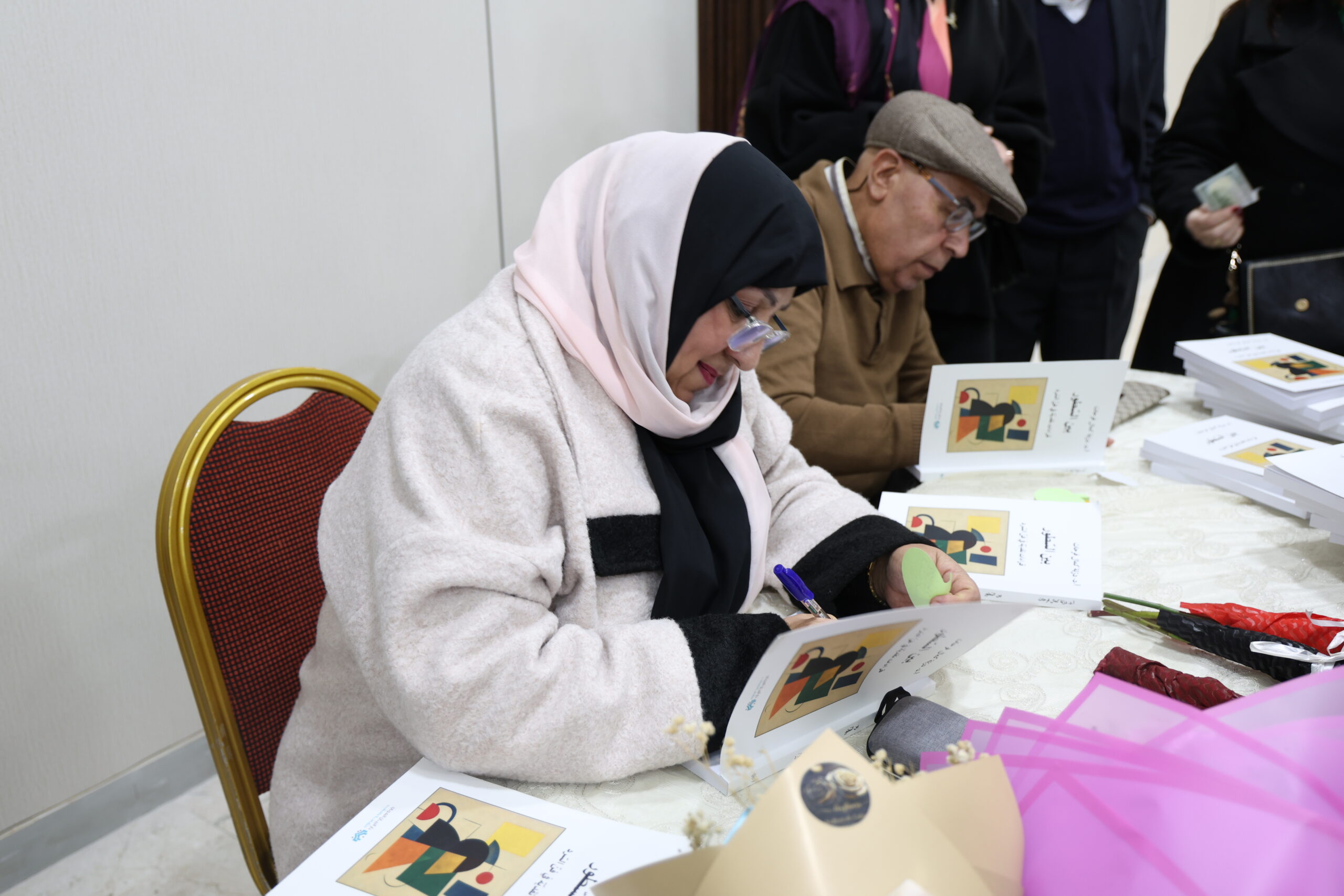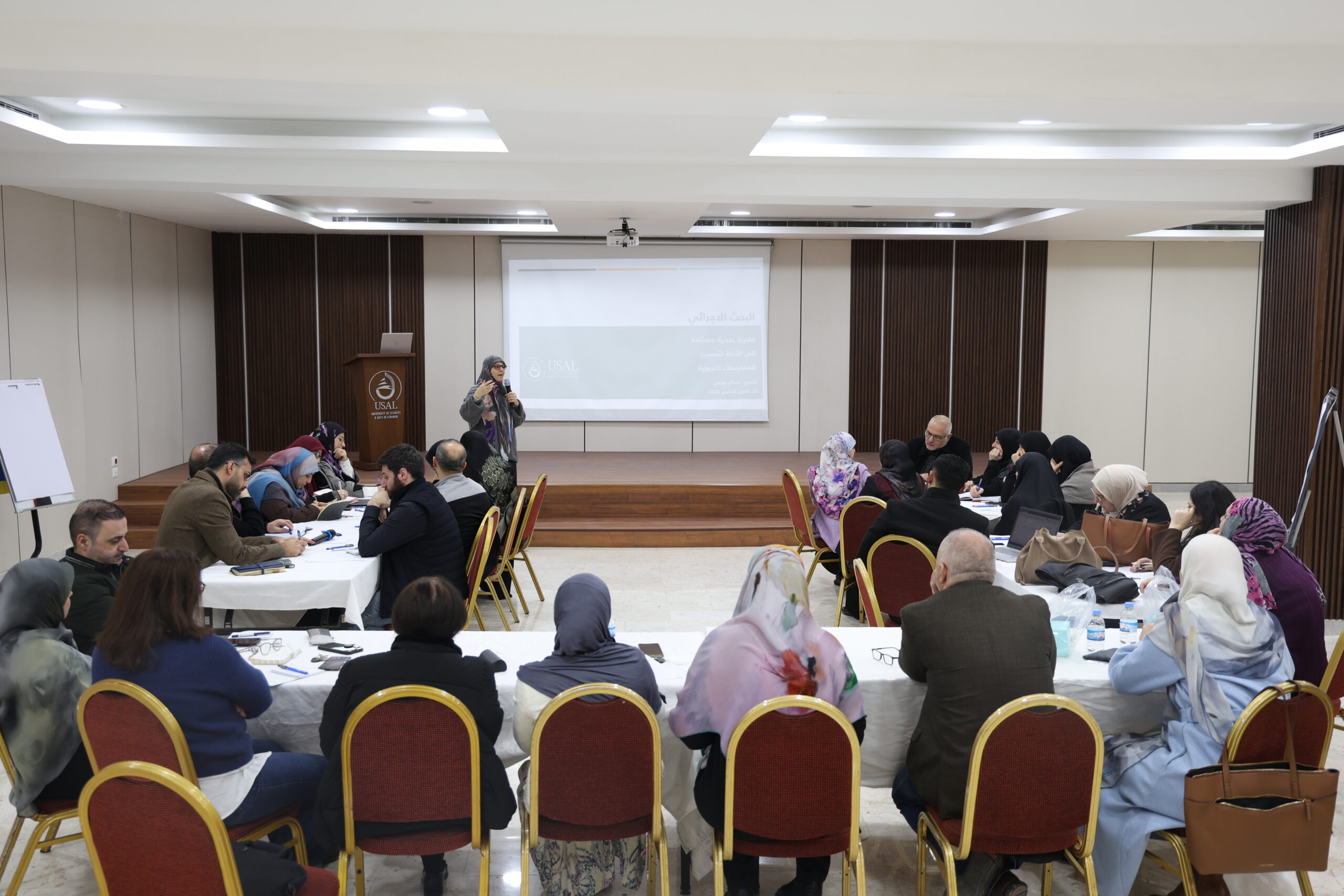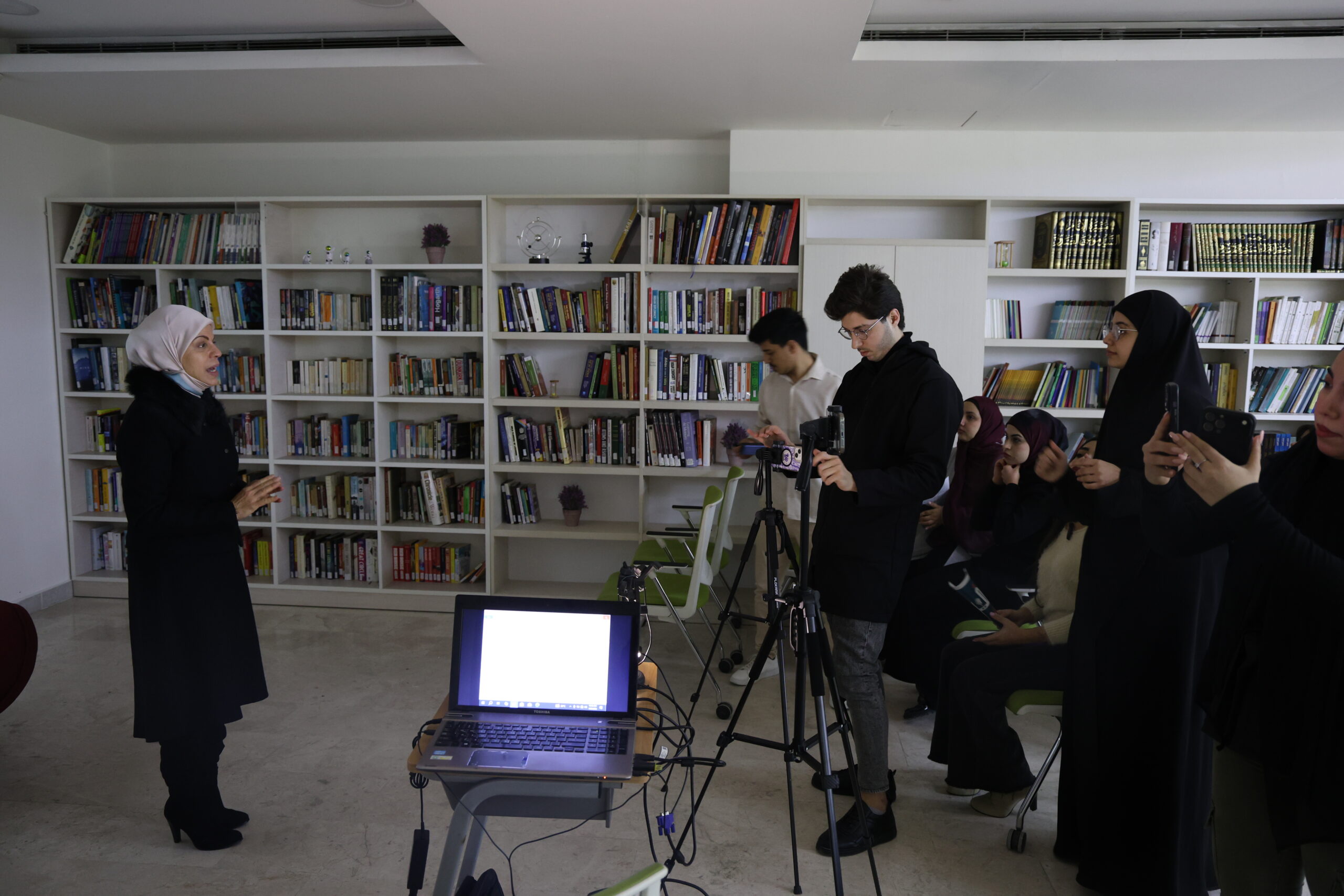In an era when words carried responsibility and knowledge was a mission, the name of Sayyed Abdul Rauf Fadlallah shone as one of the most prominent figures of thought and religion in Lebanon and the Arab world. He was born in the southern town of Ainata and pursued his studies in Najaf al-Ashraf until he attained the rank of ijtihad. Yet, he did not stop at knowledge as a mere theoretical pursuit; rather, he made it a means and a bridge to reach people, addressing their spiritual, cultural, and social needs.
He was a perceptive scholar, a wise educator, and a calm leader during times of great transformation. He contributed to the advancement of education, founded intellectual and cultural platforms, and dedicated his efforts to raising generations who upheld authentic values and faced challenges with awareness and knowledge. He was known for his humility and asceticism, and for being close to people in both their major and minor concerns.
Sayyed Abdul Rauf Fadlallah, one of the pillars of knowledge and thought in Lebanon during the twentieth century, combined piety, knowledge, culture, and community service. He enriched the religious and social life of South Lebanon and left a mark on Arab intellectual thought. His legacy lived on through his students and initiatives that emphasized calling to God, supporting the oppressed, assisting the poor and needy, and contributing to developmental projects that provided essential needs for his community.
Inspired by this great legacy, the University of Sciences and Arts in Lebanon (USAL), with the support of a group of devoted benefactors, is launching the “Sayyed Abdul Rauf Fadlallah Scholarship Program”, in recognition of his contributions and to immortalize his values of knowledge, action, and humanity. This program represents a continuation of his belief that building human capacity is the true beginning of change, and that education is the cornerstone of any renaissance.
Through this program, USAL will offer six full social scholarships dedicated to financially disadvantaged continuing students, aiming to alleviate the financial burdens on students and their families. This initiative ensures they are able to continue their higher education despite the difficult economic circumstances facing the country.
With this scholarship, the University reaffirms its educational and social mission, and its firm commitment that the right to education should remain accessible and fair for all who possess the will and ambition, without financial challenges standing in the way of their academic future.
Biography of Sayyed Abdul Rauf Fadlallah:
- Sayyed Abdul Rauf Fadlallah was born in Ainata, Bint Jbeil District, on February 20, 1907, into a noble family. He lost his father at an early age, growing up an orphan.
He began his educational journey at the school of Bint Jbeil, where he showed remarkable brilliance by memorizing the Holy Qur’an, Nahj al-Balagha, and the poetry of Al-Mutanabbi. His early intellectual and literary formation laid the foundation for his scholarly and intellectual path.
In Dhul-Hijjah of the year 1346 AH, he moved to Najaf al-Ashraf, the hub of knowledge and scholarship, where he studied Islamic sciences under prominent scholars and jurists such as Mirza Fattah al-Shahidi, Sayyed Mahmoud al-Shahrudi, and Grand Marja’ Abdul Hadi al-Shirazi, who granted him ijtihad, acknowledging his scholarly excellence and depth. - His knowledge was not a path to isolation but a bridge to community building and service. He established mosques and husseiniyyas, and dedicated his efforts to raising generations on moral values and lawful resistance against Israeli occupation, placing knowledge at the service of both cause and people.
- He lived his life close to the people, a supporter of their struggles and defender of their causes, becoming a symbol of trust, respect, and love — and a cornerstone of knowledge and service in his society.
- Sayyed Abdul Rauf Fadlallah passed away on 11 Rabi‘ al-Awwal 1405 AH (December 4, 1984). His pure body was transferred to Najaf al-Ashraf, where Grand Marja’ Sayyed Abu al-Qasim al-Khoei led the funeral prayer before his burial in Wadi al-Salam cemetery. His name remains a beacon in the skies of knowledge and faith.
Eligibility criteria for the scholarship application are as follows:
- A cumulative GPA above 2.0.
- A clean university disciplinary record.
- Completion of no fewer than 15 credits and no more than 70 credits.
- Applications must be submitted to the Office of Student Affairs before the end of the first week of the fall semester.



